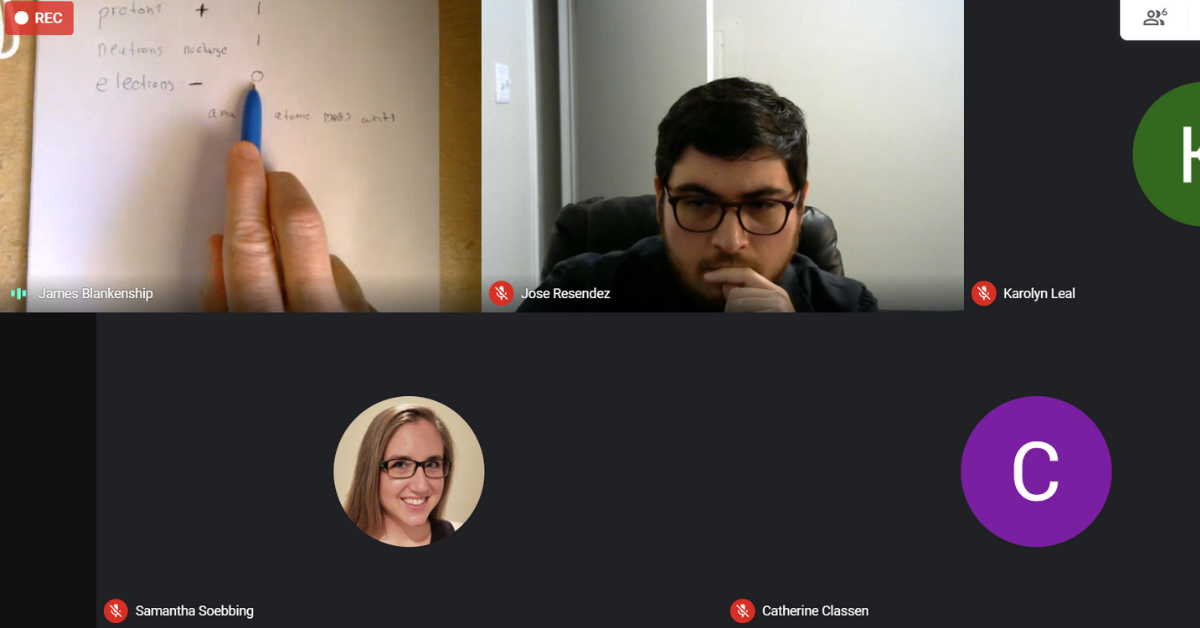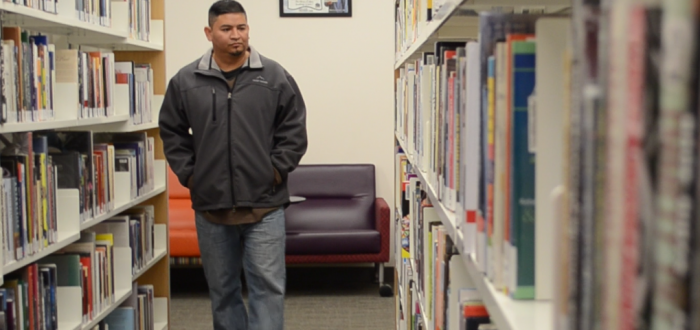Tag: marissa greene
-

What I Learned from Online Tutoring
Written by Marissa Greene The need to make assignment deadlines, ace quizzes and exams, and overall perform well in each enrolled course can sometimes be overwhelming for students. Especially when you are taking a class that you may find challenging to do well in. Thankfully, there are some knowledgeable individuals dedicated to helping you improve…
-

How to Create a Remote Workspace
By Marissa Greene Seven tips from an Academic Coach to get you through this semester COVID-19 has changed the way we work, grocery shop, learn, and overall living. In a time of social distancing, students need to work on their education behind a screen rather than a classroom setting. For some, this may be a…
-

Culinary Cut: Smoothies
Written by Alexa SmithVideo by Marissa Greene With summer coming up, it’s a great time to try out some delicious new smoothie recipes. Give greens a chance with our greens smoothie or take a break from the usual strawberry banana with our mixed berry smoothie. If you’re looking for something with protein try out the…
-

Five Remote Events for Taking a Break
Written by Marissa Greene If you’re looking for a way to take your mind off the current events, Student Life has a variety of activities for ACC students. The catch, be signed into the Student Life Portal to see all events at austincc.edu/mysl. Netflix Party Movie Nights Every Friday night Student Life will host Netflix…
-

Breaking the Silence
Written, photograph and video by Marissa Greene For the month of April people around the world are starting conversations about this month’s observance which is sexual assault and violence awareness. One way that society acknowledges this issue is through something called the Clothesline Project. The Clothesline Project began with the Cape Cod’s Women’s Defense agenda…
-

Climbing the College Ladder
Two Austin Community College Alumni from different walks of life, share their stories in hopes to change the stigma of junior colleges. Written, Photo & Video by Marissa Greene Once one has come to the point of receiving their high school diploma or completing their GED, what’s next? Well, that may look different for some…
